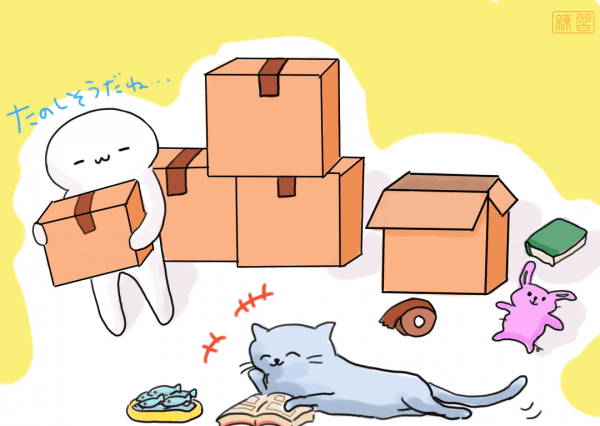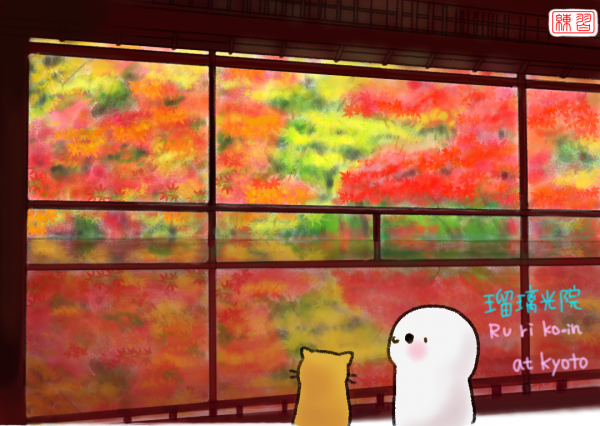If A
- If A
- When A; after A (then B) Shows a sequence of events that are tied together in after one occurs, the next one follows.
- When A, then B A and B have a cause/effect relationship.
- How about A; why don't you A

暇だったら、一寸手伝って呉れない?
If you're free, couldn't you help me a bit?
32
私だったら、ご飯だけ奢って貰って、後はさっさと帰るよ。
If it was me, I would accept just the meal then hurry on home afterwards.
0
13
寝不足な乃だったら、一寸仮眠為てきなさい。
If you're short on sleep, please take a short nap.
0
Getting the sentences
Construction
(Elements in parentheses are optional.)
Basic Examples:
勉強したら (if (I) studied)
Basic Examples:
低かったら (if it's low)
Basic Examples:
貴方だったら (if (I) were you)
Basic Examples:
静かだったら (if it's quiet)
Notes
While A uses a past tense form, it is referring to a supposition about an event that hasn't yet occurred. The phrase following it is always in the present tense.
Related Expressions
なら
Conditional Form/条件形
Conditional Form/条件形
Where this grammar is found
Grammar usage notes
Nothing posted yet!
Questions/Discussion
Nothing posted yet!
When A; after A (then B)
Shows a sequence of events that are tied together in after one occurs, the next one follows.
- If A
- When A; after A (then B) Shows a sequence of events that are tied together in after one occurs, the next one follows.
- When A, then B A and B have a cause/effect relationship.
- How about A; why don't you A
30
家に着いたら君に電話為るよ。
I will give you a call after I get home.
0
15
入ったらドアを閉めよ。
Shut the door after you come in.
0
29
良く眠ったら、後で大分気分が良く成る。
After you have a good sleep, you'll feel a lot better.
0
Getting the sentences
Construction
(Elements in parentheses are optional.)
Related Expressions
たら
と
と
Where this grammar is found
Grammar usage notes
Nothing posted yet!
Questions/Discussion
Nothing posted yet!
When A, then B
A and B have a cause/effect relationship.
- If A
- When A; after A (then B) Shows a sequence of events that are tied together in after one occurs, the next one follows.
- When A, then B A and B have a cause/effect relationship.
- How about A; why don't you A
32
シャワーを浴びたら、気分がすっきり為た。
I felt refreshed after showering.
0
8
彼のビルが建ったら、我が家には日が差さなく成って仕舞う。
After that building is built, the sun will no longer shine on our house.
0
10
春に成ったら、皆でお花見を為よう!
When spring comes let's all go see the cherry blossoms!
0
Getting the sentences
Construction
(Elements in parentheses are optional.)
Related Expressions
たら
Where this grammar is found
Grammar usage notes
Nothing posted yet!
Questions/Discussion
Nothing posted yet!
How about A; why don't you A
- If A
- When A; after A (then B) Shows a sequence of events that are tied together in after one occurs, the next one follows.
- When A, then B A and B have a cause/effect relationship.
- How about A; why don't you A

紅葉を見に行ったらどうですか?
How about going to see the fall colors?
15
もう帰ったら如何ですか。
You may as well go home now.
1
20
ダイエット為たら如何だ。
Why don't you go on a diet?
0
22
其の仕事に応募為たら如何だい。
Why don't you apply for that job?
0
15
御自分で作ってみたら如何ですか。
Why don't you make it yourself?
0
22
彼の白ワインを少し試してみたら如何?
Why not try some of that white wine?
0
Getting the sentences
Construction
(Elements in parentheses are optional.)
Notes
This is used to give a suggestion, A, to whomever the sentence is directed at.
Where this grammar is found
Grammar usage notes
This sentence is usually followed by どうですか or the more polite いかがですか. In casual speech, it can be dropped completely.
Example:
薬を飲んだらどうですか。(polite)
薬を飲んだら? (casual)
Example:
薬を飲んだらどうですか。(polite)
薬を飲んだら? (casual)
Questions/Discussion
Shouldn't question mark be mandatory for this grammar point? There is a lot of 「たら。」and a bit more 「たら?」in the sentence database, both having the same usage and translation (EN version always having the question mark that is).